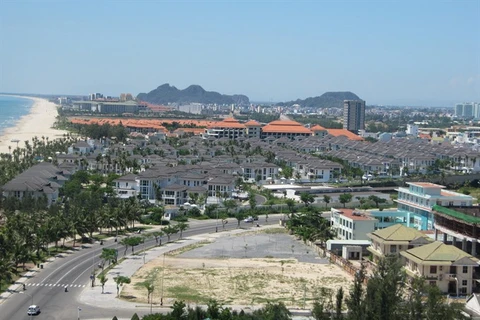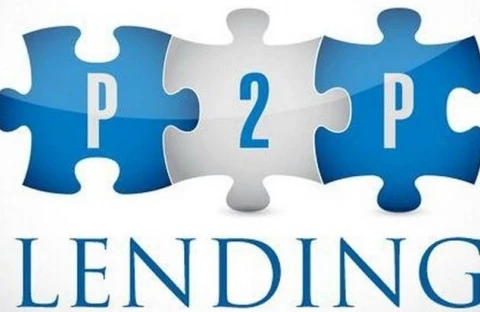Hanoi (VNS/VNA) - The Ministry of Construction has recently requested the Departments of Construction in cities and provinces to urge enterprises in the real estate sector to report suspicious transactions and cash transactions worth 300 million VND (13,000 USD) and above.
This is in line with the ministry’s strengthened efforts to prevent money laundering and terrorist financing.
The international Financial Action Task Force (FATF) has recognised the real estate sector as a high-risk sector for money laundering due to the high value of assets, high proportion of cash transactions, price fluctuation and non-transparent companies and trusts or third parties that act as legal owners.
In Vietnam, the prevention of laundering of illicit money in real estate is stipulated in the 2012 Law on Anti-Money Laundering, Decree 116/2013/ND-CP dated October 4, 2013 and Circular No 35/2013/TT-NHNN dated November 11, 2014.
Both financial and non-financial sector parties are required to effectuate the rules but so far only financial institutions, especially commercial banks, have seriously implemented them. Non-financial organisations such as realty companies and real estate trading floors have a loose rein.
A recent report to the Prime Minister by the HCM City Real Estate Association (HoREA) has expressed some concerns about the development of the real estate sector in the city in 2019, one of which was a warning of money laundering in high-end and luxury housing segments.
According to CBRE’s market report in 2018, in the high-end and luxury segment, the purchase for investment purpose accounted for 61 percent, up 11 percent over 2017, while the transaction for short-term investment and accommodation establishment made up 13 percent and 26 percent, respectively, down from 15 percent and 35 percent in 2017.
Secondary investors also increased significantly last year. "The strong increase in the number of secondary investors in the high-end and middle-level housing segments with transactions for investment, speculation and value hedging purposes may also be abused for money laundering, which easily leads to bubbles in the real estate market," HoREA said.
The proportion of secondary business investors in the mid-end housing segment was about 20-30 percent while in the affordable housing segment was about 10 percent, it added.
According to Nguyen Van Dinh, vice chairman and general secretary of the Vietnam Association of Realtors, combating money laundering in the realty sector is crucial but implementation would not be easy.
“In many countries, cash payments are strictly controlled; most transactions were done through bank transfers. In Vietnam, the habit of using cash when buying property makes anti-money laundering efforts more difficult,” Dinh told baodatviet.vn.
The Government was accelerating its efforts in switching to non-cash use and as long as we did this, such crimes could be controlled, he said.
However, he also pointed out the lack of penalties for firms which did not comply with the law also made the enforcement difficult.
"Therefore, State management must be stronger and there must be sanctions to handle all violations,” he suggested, adding that local authorities must strengthen their supervision and management in their localities.
Economist Nguyen Tri Hieu also said legal regulations should force high-value real estate transactions to go through banks and then banks would be responsible for verifying the source of the money and report suspicious deals to authorities.
In documents sent to construction departments in provinces and cities, the Ministry of Construction has also asked property firms, realtors and real estate trading floors to build and implement internal regulations on prevention of money laundering and terrorist financing in accordance with the law.
Regulations should include customer identification, risk management of money laundering and terrorist financing risks, reviewing transactions and applying preventive measures against high-risk customers.
They must also report suspicious transactions and cash transactions worth 300 million VND or more to the management authority.
These companies are asked to send their internal regulations to the ministry’s Department of Housing and Real Estate Market Management and Anti-Money Laundering Department under the State Bank of Vietnam before September 1 this year.-VNS/VNA
VNA























